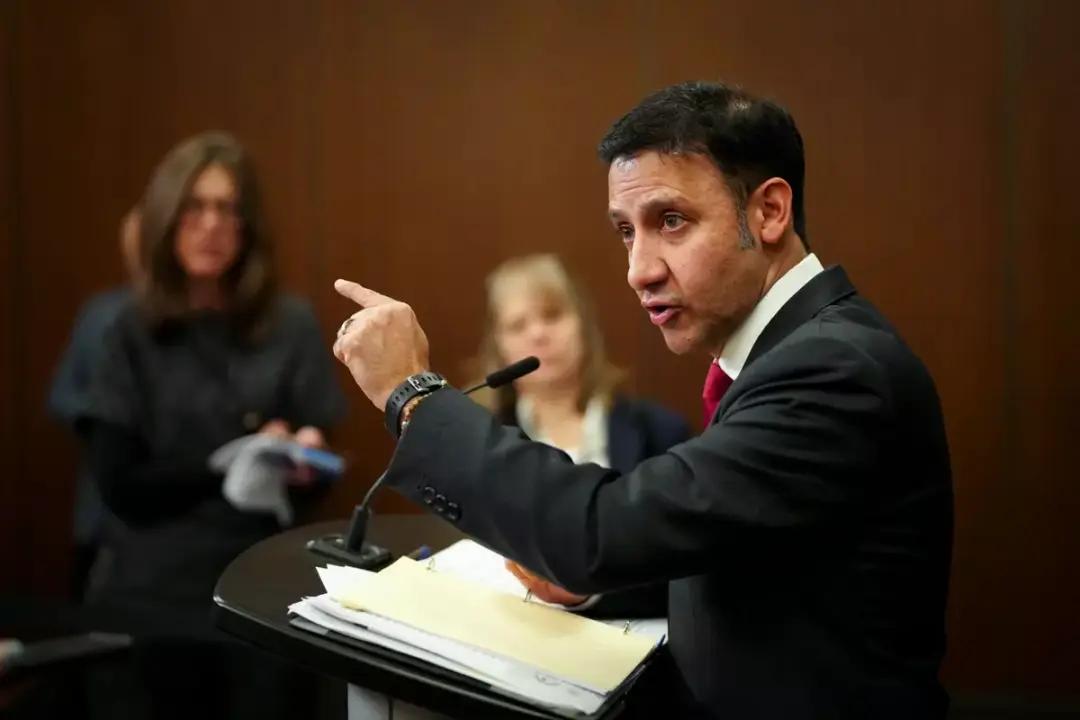Commentary
I will be the first to admit that there must be limits on freedom of speech. A lot will depend on context as to what can be said. A lot will depend upon what one says and how one says it.

I will be the first to admit that there must be limits on freedom of speech. A lot will depend on context as to what can be said. A lot will depend upon what one says and how one says it.